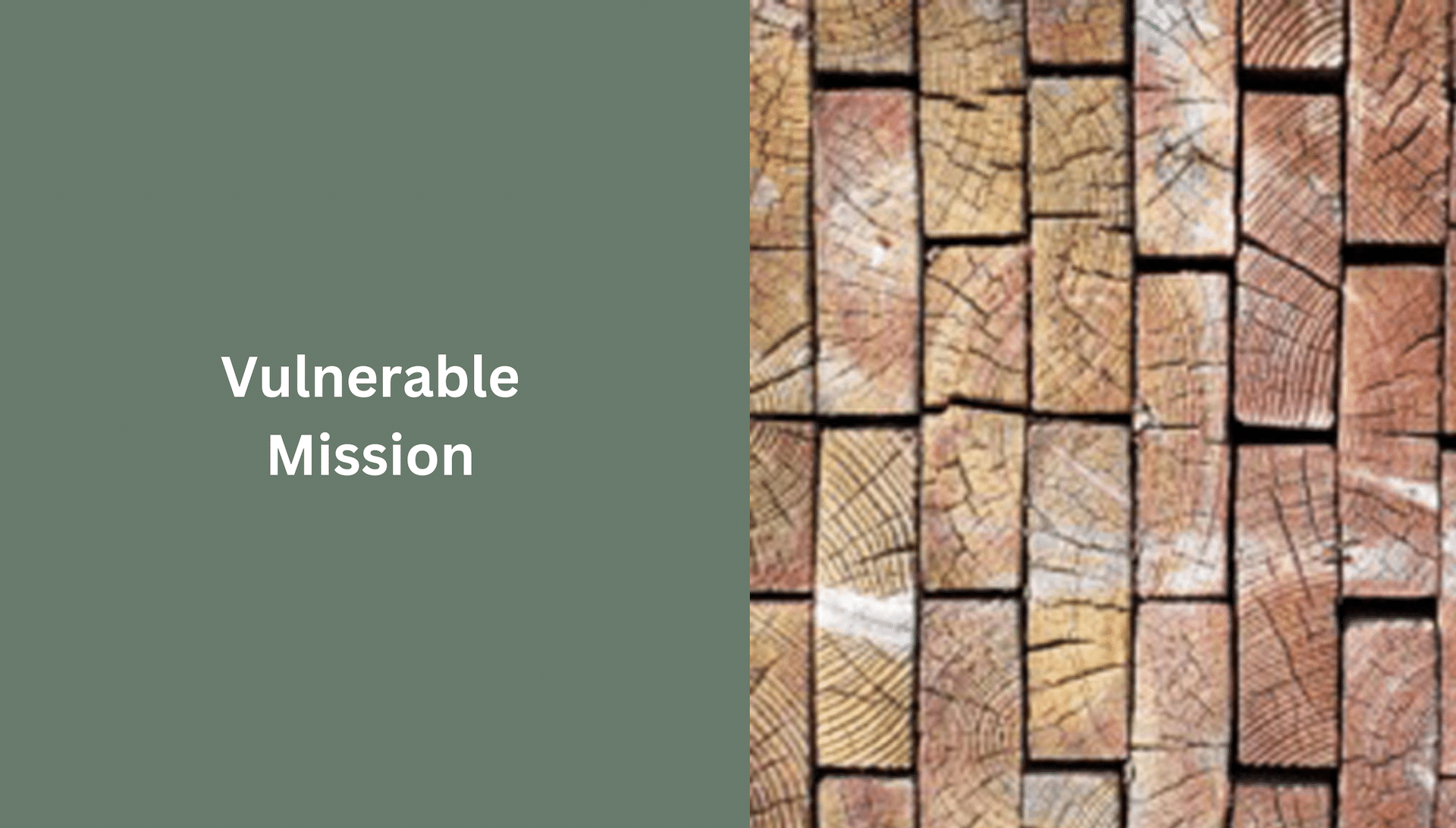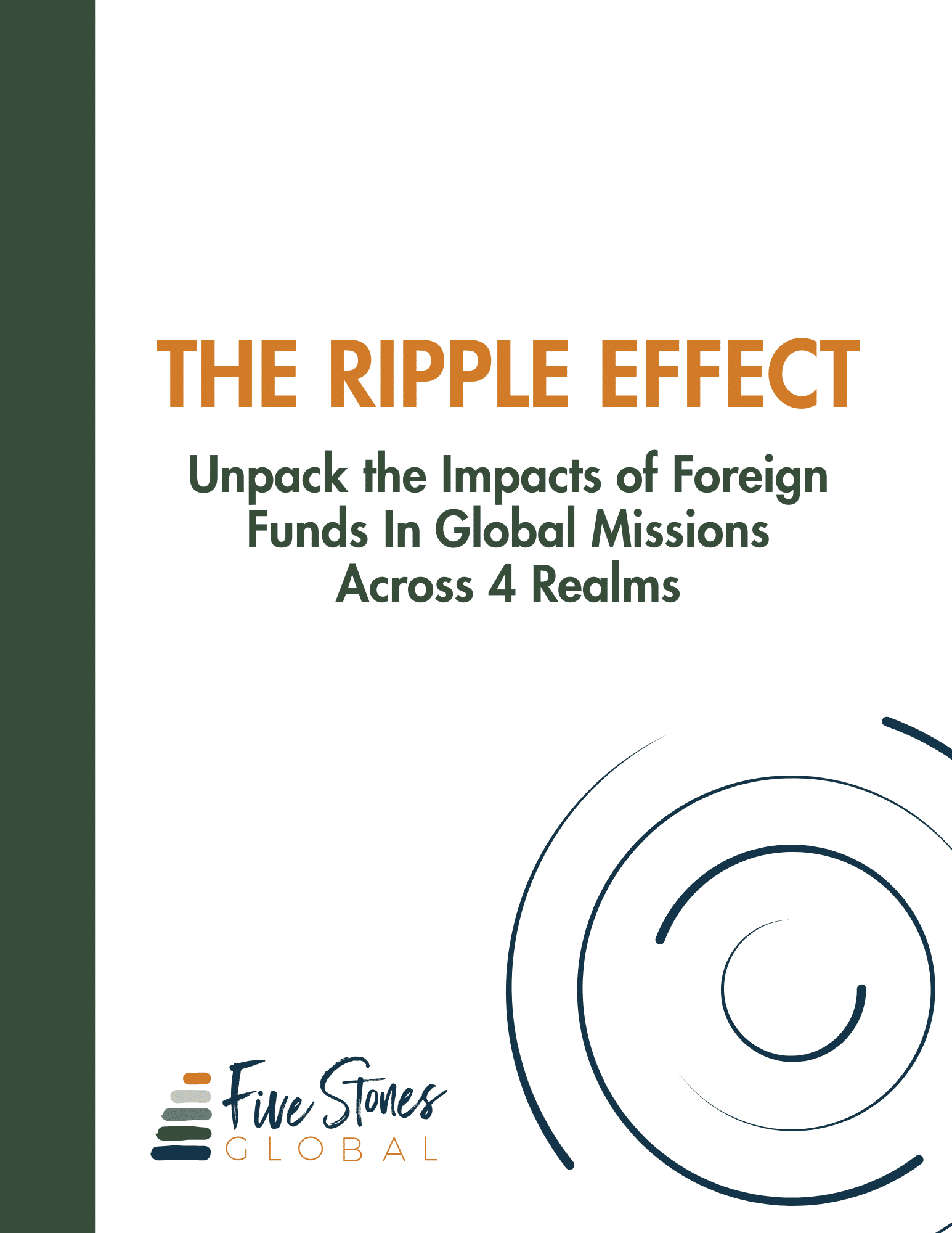By Jean Johnson
Yesterday, I had the privilege of attending a day consultation hosted by the Alliance for Vulnerable Mission in Oxford. If you don’t know about AVM, you should; when you finish reading this blog post, take a visit to their site and download some of their resources.
The name Vulnerable Mission is, perhaps, unfortunate, because the term can be (and is) interpreted in many different ways. However, for the AVM, vulnerable mission has a fairly tight definition.
…that there should be some missionaries from the West whose ministries are conducted in the language of the people being reached, without use of outside financial subsidy.
At first sight, this seems unremarkable; isn’t all missionary work done in this sort of way? However, just a short reflection will show that many missionary projects and almost all short term mission is not conducted in the language of the people being reached and almost all mission work relies heavily on outside funding.
There are a couple of rationale’s for this position.
Biblically speaking, Jesus sent his disciples out as lambs among wolves (Luke 10:3), but these days, missionaries are often far richer and more powerful than the people they are reaching out to; we are “tanks among infantrymen”. Equally, Jesus made it clear that his power was not the political influence or economic strength of this world (Jn. 18:36).
On a pragmatic level, the use of outside languages and outside funding tends to lead to unhealthy dependency in any churches that are planted.
Over the next few weeks, I’ll be reading and reviewing a few books on Vulnerable Mission, so I won’t comment too much on the subject itself and I’ll simply highlight some of my thoughts from yesterday’s consultation.
 Jean Johnson, the author of the excellent We are Not the Hero, gave a superb presentation on problems encountered with church planting work in Cambodia. Her thesis was that churches are actually quite simple; you need Christian love, teaching, prayer etc. The problem is, that church planters add onto the basics things like buildings, PA systems and all sorts of ancillary ministries. These are fine as long as there are missionaries around funding them; but when the missionaries have to leave, the whole edifice falls apart. If the church depended on local resources from the outset it would be simpler, but sustainable.
Jean Johnson, the author of the excellent We are Not the Hero, gave a superb presentation on problems encountered with church planting work in Cambodia. Her thesis was that churches are actually quite simple; you need Christian love, teaching, prayer etc. The problem is, that church planters add onto the basics things like buildings, PA systems and all sorts of ancillary ministries. These are fine as long as there are missionaries around funding them; but when the missionaries have to leave, the whole edifice falls apart. If the church depended on local resources from the outset it would be simpler, but sustainable.
Perhaps the most striking point was that Cambodian Buddhists are quite happy to support monks and the work of the monasteries, but when they become Christians, they expect support for the church to come from missionaries, not from themselves.
This dependence on outside resources also means that churches do not support and help each other, their primary link is to the outside missionaries and not to other Christians in the country. This is not healthy.
Jim Harries, an extremely prolific author and the founder of the Alliance for Vulnerable Mission, didn’t so much give a presentation as to lead a discussion around themes that emerged during the consultation. He is very insistent that Vulnerable Mission is not for everyone and that it is inappropriate to judge the motives and actions of other missionaries. On the other hand, in his own words he tends to see Vulnerable Mission as the solution to all missionary problems; “when you have a hammer, every problem looks like a nail”.
A few quotes from the consultation, which might make you think.
- Holistic ministry is really big now; word and works combined. But what happens when the works are not sustainable
- With so many projects running, missionaries just don’t have the time to learn languages.
- People no longer believe in the power of the gospel to transform lives and societies.
- SThese days, every missionary I meet feels that they have to do some sort of development work.
For my own part, I’m not sure that Vulnerable Mission is the complete answer to the problems of mission that it’s proponents seem to suggest. I think there are shades of grey, not just blacks and whites. However, it is undeniable that there are some major problems in the mission world today (does anyone seriously think that it is a good idea that 80,000 Americans go on short term mission trips to Cambodia per annum?). I have called for a paradigm change in mission action and support and action for years. Jim Harries and the AVM have clearly articulated one new paradigm and we need to listen to them.


